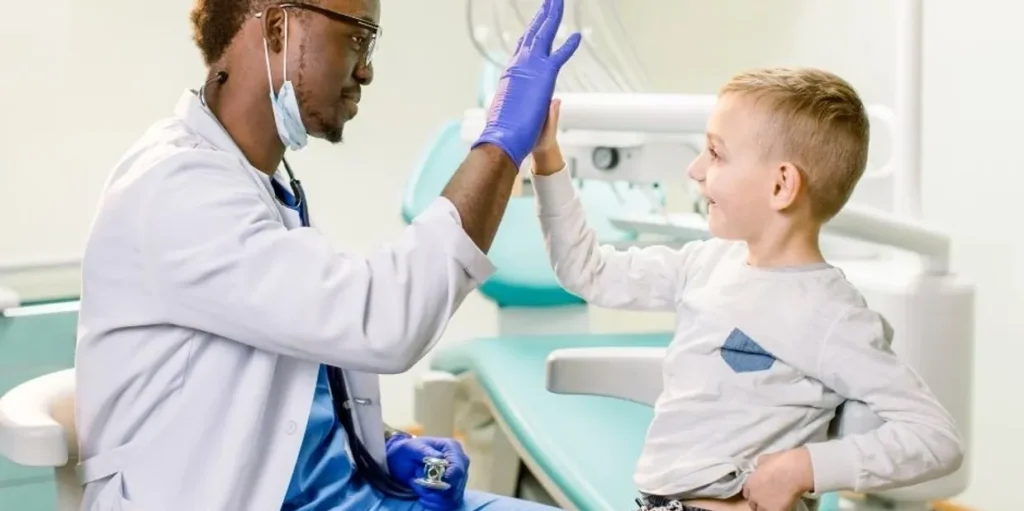AUDITORY PROCESSING DISORDER ASSESSMENT FOR ADULTS
UNDERSTANDING AUDITORY PROCESSING DISORDER OR APD

Our ear consists of three parts: the outer ear, the middle ear, and the inner ear. When sound comes in, it hits the ear canal, makes the eardrum vibrate and then moves through the middle ear with the help of these three tiny hearing bones. After that, it travels into the inner ear, which is filled with fluid. The fluid’s movement in the cochlea excites the hair cells in your inner ear, sending nerve impulses to the brain through the auditory nerve. The brain, being the master interpreter, turns these impulses into the music we call sound.
But with APD, the journey goes smoothly until it reaches the brain. That’s where the confusion kicks in—understanding or recognising the sound becomes a bit of a puzzle, especially with things like speech.
APD varies from person to person, creating a spectrum of difficulties. Some individuals might find it more challenging than others. APD can also come with other conditions like dyslexia, language processing issues, attention problems and a forgetful memory, making matters even worse
Causes
The origins of auditory processing disorder (APD) remain somewhat of a mystery in the medical world. Many studies point to genetics as the cause of APD, with parents occasionally sharing similar struggles during their youthful days. Another clue takes us to childhood ear infections, where sometimes the brain wires itself differently, causing a less effective relay of message signals between cells.
Numbers-wise, we’re estimating that around three to five per cent of individuals worldwide experience APD to varying degrees.

AUDITORY PROCESSING DISORDER ASSESSMENT FOR CHILDREN
Auditory Brain Boot Camp:
Tech-Powered Allies:
Computer-based training
These are like interactive games for your ears! Here, we use various software programmes to put your auditory skills to the test in a fun and motivating way. You can think of it as a personalised brain gym, where you level your sound-processing abilities through playful challenges and rewarding progress.
Our Auditory Processing Disorder Test for adults or children can help assess the extent of your APD and help us devise a plan that addresses your concerns effectively.

